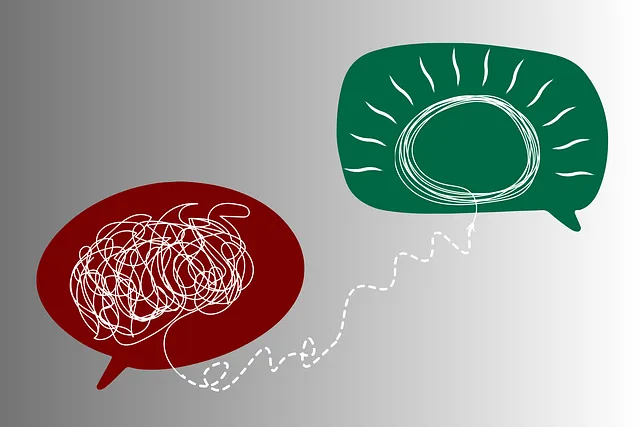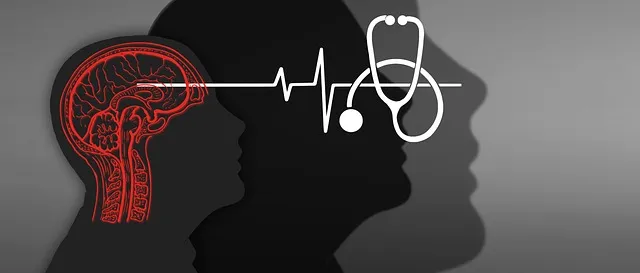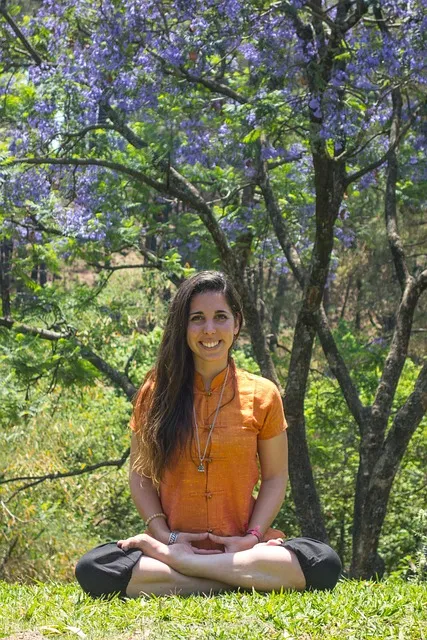The Mental Wellness Group Facilitator at Centennial Kaiser Permanente plays a key role in supporting mental health through safe, inclusive group sessions. They foster open dialogue, empower individuals with coping strategies, and provide crisis intervention to manage distress. By creating an empathic environment, using exercises like Mental Wellness Journaling, and tracking progress via structured yet flexible methods, facilitators enhance community behavioral health outcomes at the Centennial Kaiser Permanente behavioral health number.
“Mental wellness group facilitation plays a pivotal role in supporting individuals navigating challenges. This article explores the art of guiding groups at Centennial Kaiser Permanente behavioral health centers, focusing on techniques that foster safety and support. We delve into strategies to facilitate meaningful interactions, encourage progress, and create a nurturing environment. By understanding the unique dynamics of mental wellness groups, facilitators can enhance participant experiences, ultimately contributing to improved behavioral health outcomes, as highlighted by the Centennial Kaiser Permanente behavioral health number.”
- Understanding the Role of a Mental Wellness Group Facilitator
- Techniques to Foster a Safe and Supportive Environment
- Strategies for Effective Group Interaction and Progress Tracking
Understanding the Role of a Mental Wellness Group Facilitator

The role of a Mental Wellness Group Facilitator is multifaceted and crucial within the healthcare landscape, particularly at institutions like Centennial Kaiser Permanente. These facilitators act as navigators in the complex world of mental health support, fostering an environment that encourages open dialogue and peer-to-peer learning. They are not just observers but active participants who guide discussions, ensuring every member feels heard and respected.
Using techniques such as Crisis Intervention Guidance, these professionals help individuals manage acute distress while promoting long-term well-being. By designing Mental Health Education Programs, they empower attendees with knowledge about various mental health conditions and effective Self-Care Practices. Through their expertise, facilitators enable participants to develop coping strategies, build resilience, and connect with others facing similar challenges, ultimately enhancing overall community behavioral health.
Techniques to Foster a Safe and Supportive Environment

Creating a safe and supportive environment is paramount for effective group facilitation, especially when addressing mental wellness issues. Group leaders at Centennial Kaiser Permanente behavioral health number should encourage an atmosphere where every participant feels heard, respected, and accepted. This can be achieved through active listening skills, ensuring confidentiality, and promoting non-judgmental attitudes. Encouraging open dialogue with techniques like Mental Wellness Journaling Exercises can help individuals process their thoughts and emotions in a safe space.
Additionally, providing clear boundaries and rules, actively managing group dynamics, and offering Crisis Intervention Guidance when needed are essential. Mentally wellness coaching programs benefit significantly from the development of skills that foster camaraderie and trust among members. Using exercises that encourage empathy, understanding, and shared experiences can help build a supportive community within the group setting.
Strategies for Effective Group Interaction and Progress Tracking

Creating a safe and inclusive environment is paramount for effective mental wellness group facilitation. Encourage active participation through icebreakers tailored to foster connections among peers. This can include self-awareness exercises that prompt members to share their experiences, fostering empathy and understanding within the group. By promoting open dialogue, facilitators at Centennial Kaiser Permanente behavioral health number can navigate sensitive topics effectively, ensuring every voice is heard.
Tracking progress in mental wellness groups is an essential aspect of facilitating meaningful change. Facilitators should implement structured yet flexible strategies to gauge individual and collective improvement. Regular check-ins, anonymous feedback forms, or interactive workshops that revisit previous discussions can all contribute to robust progress tracking. This data informs adjustments to the group’s focus, ensuring the curriculum aligns with members’ evolving needs, especially in addressing stress management and emotional healing processes.
Mental wellness group facilitation plays a pivotal role in supporting individuals navigating their mental health journeys. By employing techniques that create safe spaces, encourage open dialogue, and track progress effectively, facilitators at organizations like Centennial Kaiser Permanente behavioral health can empower participants to build resilience and enhance overall well-being. These strategies not only foster meaningful connections but also ensure that each member receives tailored support, ultimately contributing to improved mental health outcomes.






